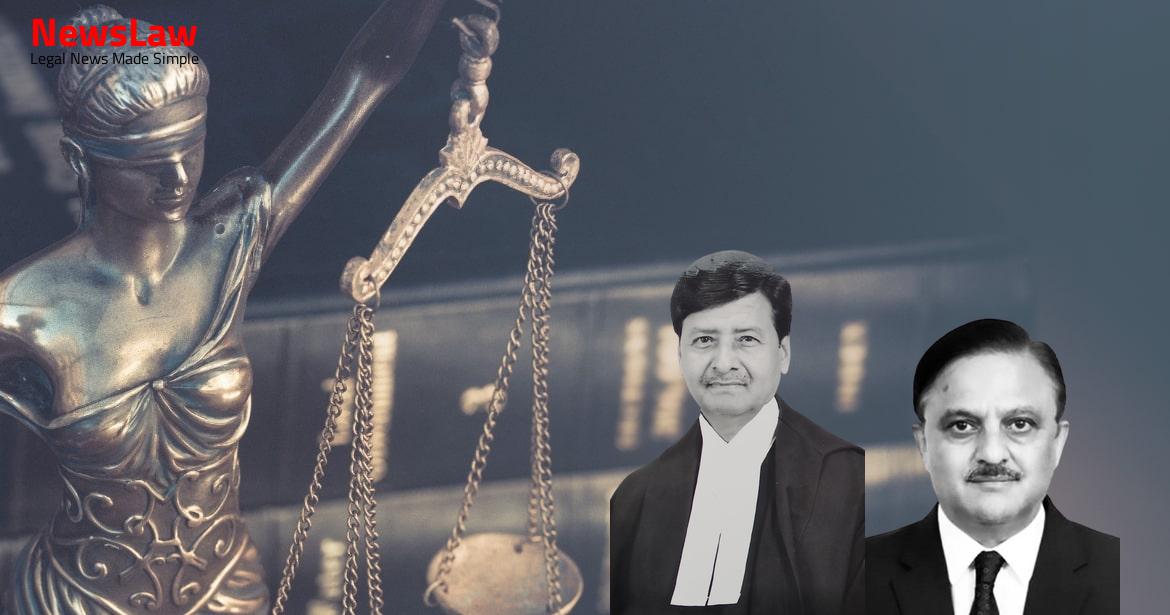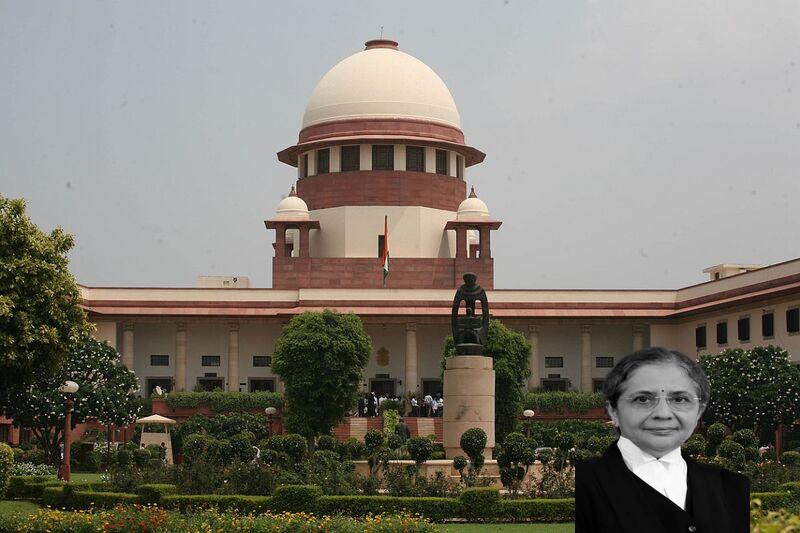Explore the detailed legal analysis on recall applications presented in a landmark court judgment. The judgment underscores the significance of upholding the finality of court decisions and sheds light on the distinction between review and recall petitions. Dive into the intricacies of the court’s reasoning and its implications in the legal landscape.
Facts
- Orders passed by the Central Information Commissioner providing valid reasons for providing information were upheld by a judgment.
- Exemptions in the disclosure policy of RBI contrary to the directions of the Court were directed to be withdrawn through a judgment in Girish Mittal v. Parvati V. Sundaram & Anr.
- M.A. No.2342 of 2019 filed by HDFC Bank Limited and Others seeking impleadment in the transferred case and for recall of the judgment in Jayantilal N. Mistry.
- RBI was directed to not release inspection reports, risk assessment reports, and annual financial inspection reports of banks including State Bank of India.
- Private banks filed miscellaneous applications for recall of the judgment in Jayantilal N. Mistry.
- RBI deleted the disclosure policy from its website and uploaded another policy on 12.04.2019.
- Court observed that violation of its directions by RBI would be viewed seriously.
- Disclosure policy of RBI dated 30.11.2016 found to be in willful disobedience of the judgment.
- Contempt Petitions filed for willful disobedience of Court directions in judgment dated 16.12.2015
- Miscellaneous applications listed alongside Writ Petitions by State Bank of India and HDFC Bank
Also Read: Legal Analysis on Seniority Fixation in Contempt Petitions
Arguments
- The Applicants for recall of the judgment in Jayantilal N. Mistry (supra) contended that the judgment addressed a limited perspective and had far-reaching consequences affecting parties who were not heard.
- The judgment in Jayantilal N. Mistry (supra) held that such applications for recall are not maintainable, leaving all questions raised in the Writ Petitions open for consideration.
- The Applicants argued that the judgment in Jayantilal N. Mistry (supra) is per incuriam as it did not consider certain judgments of the Court, including the violation of the right to privacy under Article 21 of the Constitution of India.
- Reference was made to various judgments such as B.K. Pavithra, Saurabh Chaudri, Rashid Khan Pathan, and Vijay Kurle to challenge the correctness of the judgment in Jayantilal N. Mistry (supra).
- The banks argued for the recall of the judgment based on violation of principles of natural justice and the failure to consider important questions of law.
- The Writ Petitions sought to strike down notices issued by the RBI and to prevent disclosure of confidential information related to the banks.
- After hearing arguments, the Writ Petitions were de-tagged as they pertained to challenges against notices issued by the RBI.
- The Respondents cited the precedent set in Delhi Administration v. Gurdip Singh Uban, stating that applications for recall are filed to avoid Review Petitions decided by way of circulation.
- Review petition may be considered if there is an error apparent on the face of the record.
- Counsel for Respondents argue in favor of revealing information directed to be furnished under the RTI Act by the RBI.
- Public interest is highlighted in the disclosure of information.
- Contempt Petition in Jayantilal N. Mistry case was against the RBI, not the Applicants.
Also Read: Judicial Analysis on Selection Process
Analysis
- Application nomenclature is of no consequence, substance of the application is important.
- No provision in Supreme Court Rules for filing application to recall judgment.
- Applications for clarification, modification, or recall can be a disguise for review petitions.
- Such applications should not be entertained except in extraordinary circumstances.
- Filing non-maintainable applications is an abuse of the court’s process.
- Importance of the finality of a judgment highlighted; parties should not reopen concluded judgments.
- Judgments cited to distinguish between review and recall.
- Judgment in Jayantilal N. Mistry delivered after hearing RBI and ICICI Bank.
- Banks were aware of the case hearing but did not take steps to get impleaded.
- The decision in challenge was made by the RBI, though the information pertained to the banks.
- Order XLVII of the Supreme Court Rules, 2013 allows for the remedy of filing an application for review.
- No effort was made by the applicants in the miscellaneous applications to be impleaded during the hearing of the transferred cases in this Court.
- Applications styled as recalls are essentially applications for review.
- Recall applications are entertained when a judgment is passed without jurisdiction or without giving an opportunity for a hearing to the affected party.
- The dispute in this case relates to the information to be provided by the RBI under the Act.
- Applications for recall are essentially seeking a review of the judgment in Jayantilal N. Mistry.
- The applications are deemed not maintainable.
- The court is not addressing the correctness of the judgment in Jayantilal N. Mistry.
- Dismissal of the applications does not bar the applicants from seeking other legal remedies.
Also Read: Legal Analysis of Decision-making Authority in Municipality Dispute
Case Title: RESERVE BANK OF INDIA Vs. JAYANTILAL N. MISTRY (2021 INSC 276)
Case Number: MA-002342 / 2019



